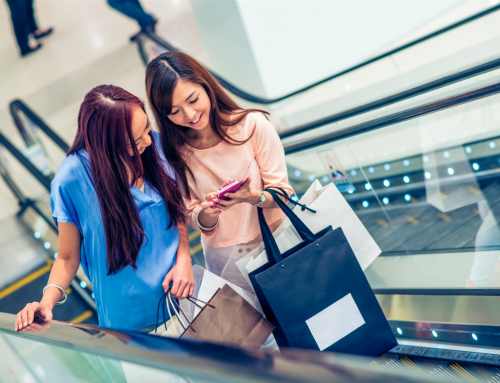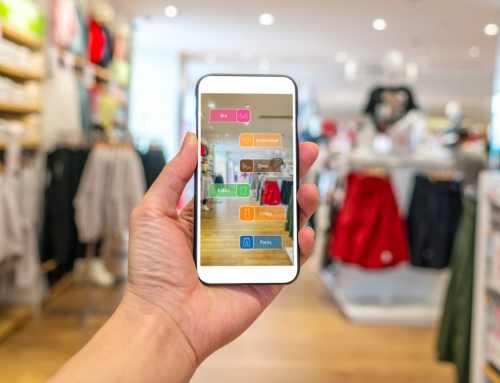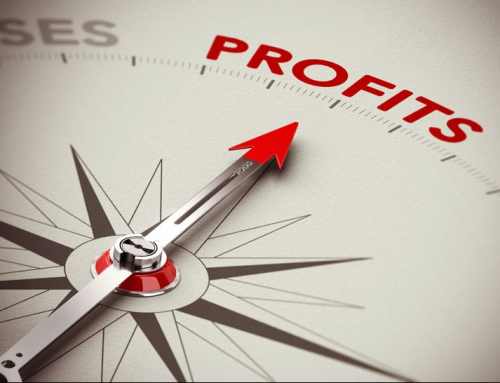Following the “Great Recession” of 2009, consumers are living in the “new normal”. Here are some of the changes facing consumers and retailers in 2010.
Thriftiness
Consumers are spending less. Coupons, private labeled goods, loyalty rewards cards, products in bulk, self-service and discount stores are increasingly part of the consumer’s protection against financial worries. Deflation in prices is a fear among retailers.
Consumers are both more educated and risk-averse when purchasing products. They use product rating sites to read other users’ product ratings and to compare prices and functionality.
American consumers tend to increasingly seek to enhance their wellness without the help of a medical professional. Organic retail stores have become more mainstream, despite the obesity epidemic.
Redefined consumerism and values
The American consumers analysis shows that the attitudes toward ravenous consumerism has changed. According to one survey, 75% of respondents mentioned they would rather spend more time with family than make more money.
Consumers are increasingly pressured to pay off debt and consume only necessary products, instead of continue past consumption habits.
Increasingly, consumers want to know about product sustainability and the origination of goods. Locally produced goods are increasingly becoming a fixture in supermarkets.
Brick-and-Mortar not dying for all retailers
While brick-and-mortar shopping malls and video stores have declined, retail banks and specialty stores (e.g. Apple store and Sony Store) are still relevant to consumers. Online shopping and local retailers are gaining more importance.
New consumption trends are emerging, such as online grocery shopping in urban areas.
Retailers finding new ways to be relevant to consumers
Sophisticated digital signage is becoming a way for retailers to promote deals and track the effectiveness of in-store point of purchase advertising and messaging.
“Nostalgia marketing” is a rising trend, particularly with products targeted toward Baby Boomers. Marketers are creating goods emphasizing emotional connections to meaningful symbols.





